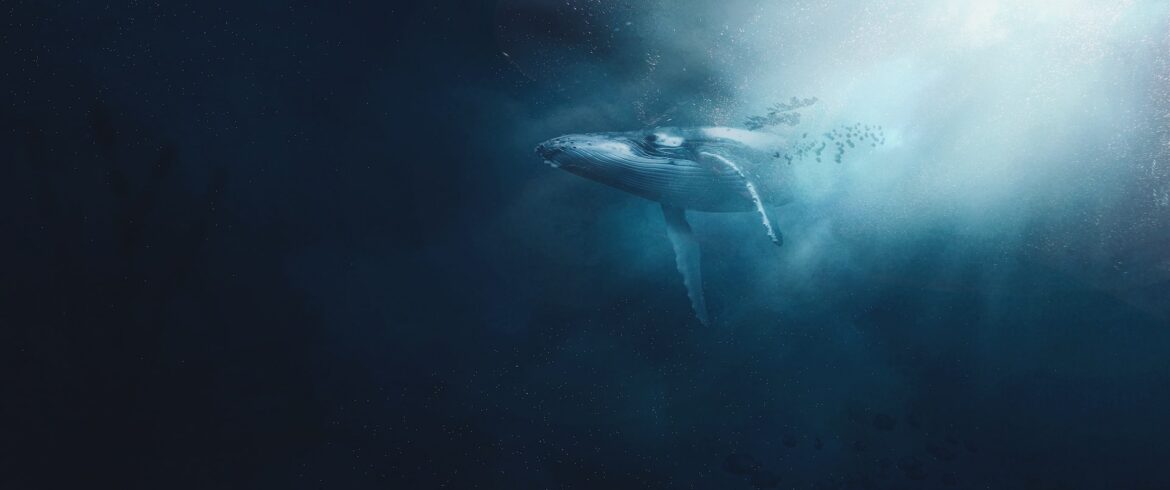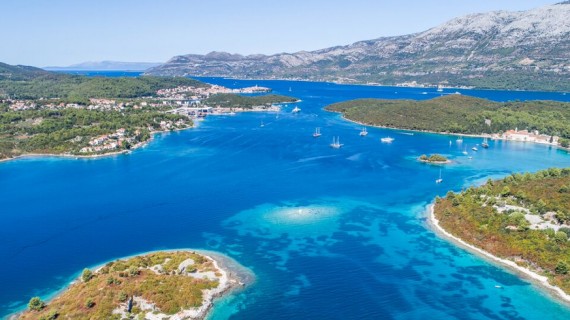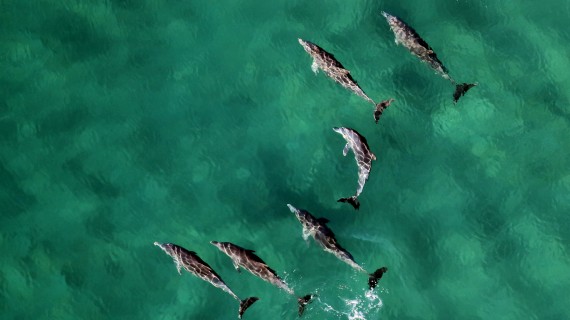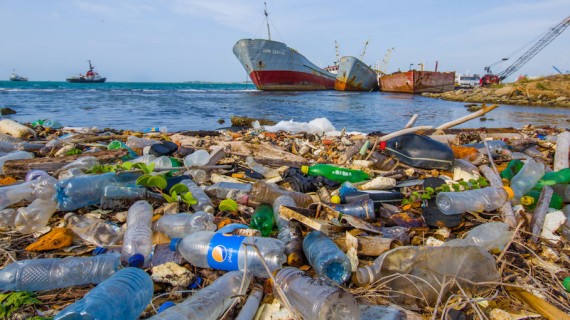Once facing extinction, fin whales have returned to old feeding grounds in the Southern Ocean. After being decimated by commercial hunting, these sea giants have reappeared. This is to demonstrate that ecosystems can always find a balance provided they are not too tampered with by humans.
In 70 years, more than 700,000 whales have been killed in Antarctic waters. Fortunately, the species has recovered since the 1986 moratorium on commercial hunting came into force.
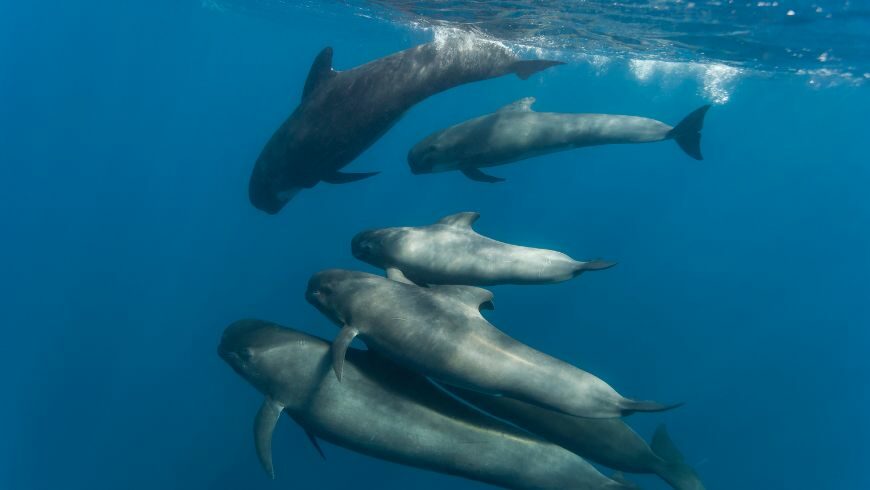
Half a century has passed, but finally, fin whales have returned to repopulate the waters of the Antarctic ocean. There, they used to live and eat before commercial hunting almost exterminated them completely.
This fact is demonstrated by recently published research that was carried out by some marine biologists led by Helena Herr, the University of Hamburg in Germany, who documented the presence of these animals off Elephant Island which is located in Tierra del Fuego (Chile). Groups of about 150 specimens were seen thanks to two expeditions of the German icebreaker Polarstern in 2008 and 2019.
Why is this discovery so important?
Because it’s been decades since we’ve seen fin whales at these latitudes!
The last time they were spotted was in 1976- However, the International Commission had to reset the quota for the capture of this species.
At the beginning of the last century, there were more than 300 thousand specimens in the southern hemisphere. These marine mammals (cetaceans have become accustomed to life at sea more than 50 million years ago and are also able to breastfeed their cubs in water) had their ideal habitat in some areas of the ocean where the warm South Atlantic currents were found with the cold Antarctic ones.
This mix of hot and cold water and also the presence of nutrients from the depths has made these waters very fertile and rich in phytoplankton. Microalgae provide the living conditions for most marine fauna, starting with the small crustaceans that are the whale’s main food.
You think that these cetaceans can eat up to four tons a day. They eat and spit the seawater through their teeth which are thick like combs and the fin whales can only hold in their mouth this species of shrimp.
In 1904 the Norwegian captain Carl Anton Larsen inaugurated the first whaling station on the island of South Georgia. Since then the centre of the whale trade moved because until then the monopoly of this market had been Norway and Scotland but because of the failing “Raw material” in the North Atlantic hunting had to go to the Antarctic.
But why were whales so important? Because their fat was a very sought-after commodity because with it you made soap, candles and even nitroglycerin. And it was this last one, surely, the reason why, when the First World War began, there was a great demand for whale oil. As a result, whales began to disappear everywhere, including in the southernmost latitudes.
And this phenomenon did not stop. Even when in the middle of the twentieth-century whale fat was supplanted by the use of vegetable oils. This was because in countries such as Japan, Norway, and Russia whale meat was eaten.
Fortunately, there were large and impressive awareness campaigns that discouraged this practice. Although an important break has been, researchers agree, the moratorium on commercial hunting even if some nations still practice it!
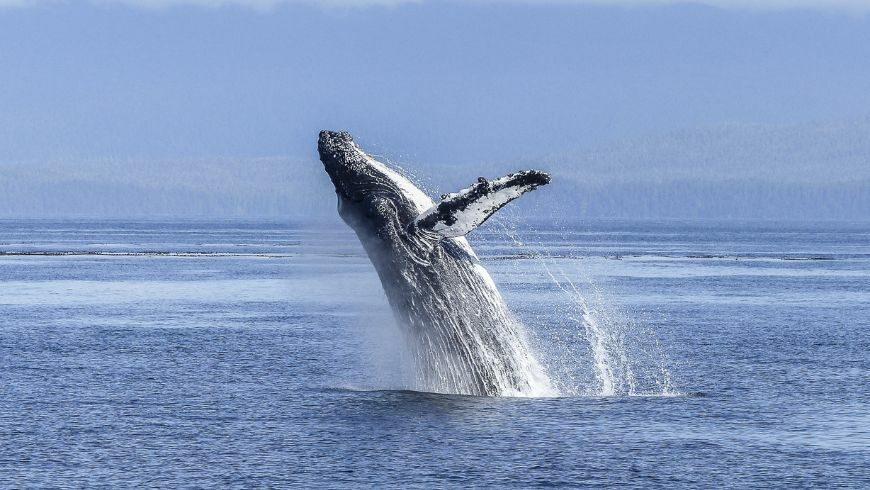
Why is the return of whales so fundamental?
Because it shows their loyalty to living again in atavistic places, whose knowledge has taken place through maternal learning. This would give hope that the species may no longer be endangered, something that was feared until very recently.
But the fact that we are returning also bodes well for the ecosystem.
And a positive impact would also be the climate. With their presence, whales fertilize the sea. Furthermore, the large presence of phytoplankton can absorb 40% of the carbon dioxide in the atmosphere. A poop with really great skills and this, alone, would be a great reason to hope that whales can continue to exist!!
